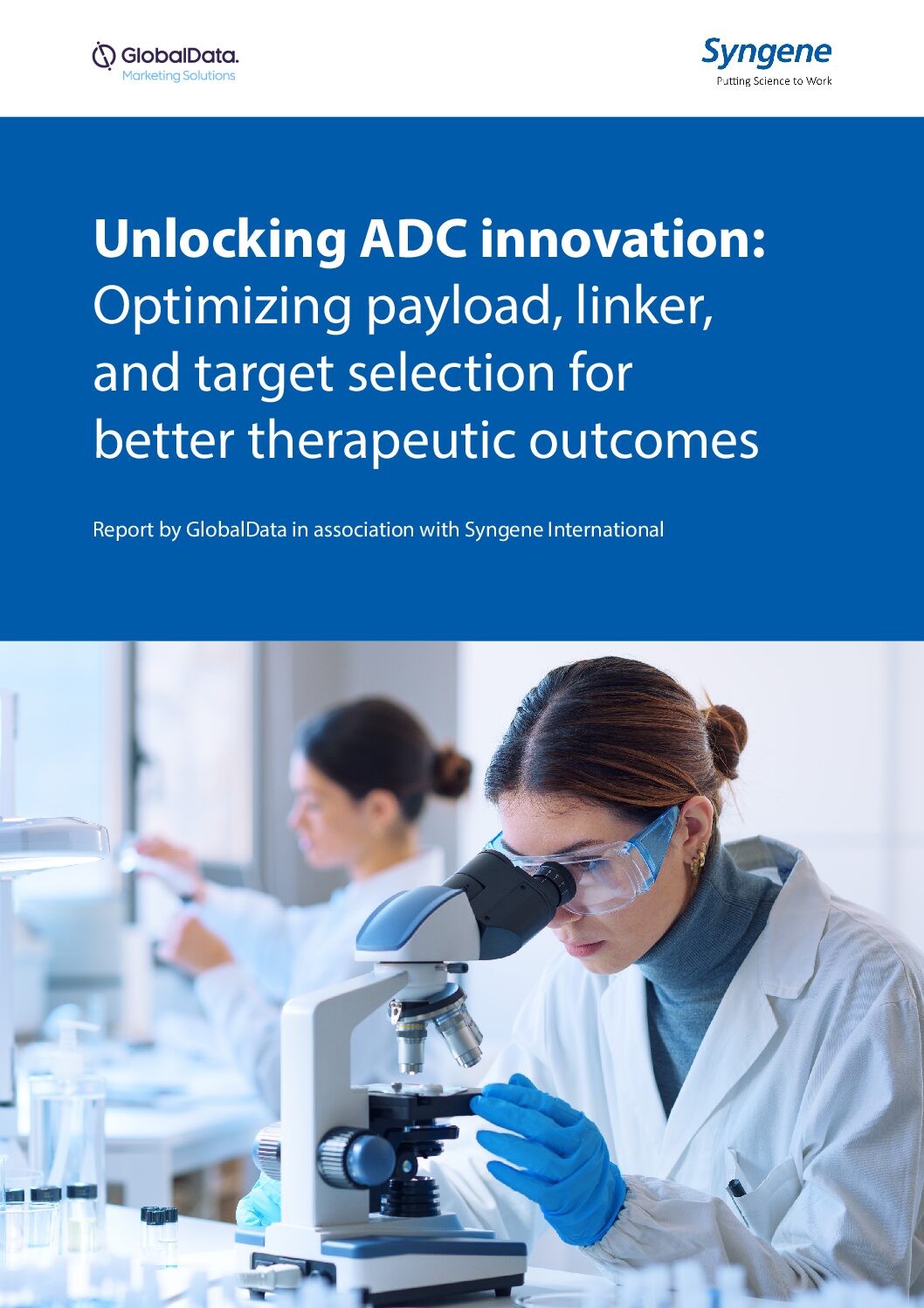

Merck KGaA is edging closer to the SpringWorks deal, which was first rumoured in February, confirming late-stage negotiations at an estimated price of $47 per share – potentially valuing the deal at around $3.5bn.
The company confirmed in a 24 April statement that while no final, legally binding agreement has been established, the “parties are in discussion on the basis of a price of around $47 per share.”

US Tariffs are shifting - will you react or anticipate?
Don’t let policy changes catch you off guard. Stay proactive with real-time data and expert analysis.
By GlobalDataThe news follows months of speculation. Market chatter around a potential acquisition began on 10 February 2025, when Reuters reported that Merck KGaA was exploring a deal. That same day, the German pharma firm acknowledged the discussions, but cautioned that there was no guarantee of a transaction. Following the report, SpringWorks shares jumped 34%, pushing the company’s market capitalisation over $4bn. Merck KGaA’s CEO Belén Garijobut declined to provide updates on the deal during the company’s full-year earnings press call in March, keeping investors in suspense.
Shares in SpringWorks were up by almost 9% when the markets opened on 25 April, after the latest development.
A successful acquisition would bolster Merck KGaA’s oncology portfolio with SpringWork’s pipeline of targeted therapies. These include Ogsiveo (nirogacestat), which is approved for treating desmoid tumours, as well as the MEK inhibitor Gomekli (mirdametinib), which was approved in February 2025 for treating neurofibromatosis type 1 (NF1), a rare genetic disorder.
According to projections from GlobalData’s Pharma Intelligence Center, Gomekli is projected to generate up to $564m in global sales by 2030, while Ogsiveo sales are expected to reach $1.2bn by the same year.
GlobalData is the parent company of Pharmaceutical Technology.
Merck KGaA already has a strong oncology pipeline. Its top-selling product in 2024 was Erbitux (cetuximab), which generated €1.16bn ($1.25bn) in revenue. The drug is a monoclonal antibody used to treat certain head and neck cancers, and colorectal cancer.
However, not all programs have been as successful. In June 2024, Merck KGaA terminated the Phase III TrilynX clinical trial of xevinapant after the drug failed to significantly improve survival in patients with locally advanced head and neck cancer.
Additionally, Merck KGaA has faced setbacks in its neurology pipeline, including the discontinuation of BTK inhibitor evobrutinib in March 2024. The decision followed two Phase II trials in relapsing multiple sclerosis, where the drug did not achieve a statistically significant reduction in annual relapse rates compared to Sanofi’s Aubagio (teriflunomide). The programme had already come under scrutiny in April 2023, when the US Food and Drug Administration (FDA) placed a partial clinical hold on a Phase III study after cases of liver injury were reported.
Merck KGaA has continued to prioritise the expansion of its oncology portfolio. Earlier in April 2025, the company signed a $1.4bn multi-year collaboration with Caris Life Sciences to access novel antibody-drug conjugate (ADC) targets. Under the agreement, Caris will identify tumour-associated targets, which Merck KGaA will take into preclinical and clinical development. Merck KGaA also has an internal ADC programme, with its lead candidate M9140 currently in Phase I trials for colorectal cancer.
ADC content on Pharmaceutical Technology (Or Clinical Trials Arena) is supported by Syngene. Editorial content is independently produced and follows the highest standards of journalistic integrity. Topic sponsors are not involved in the creation of editorial content.






